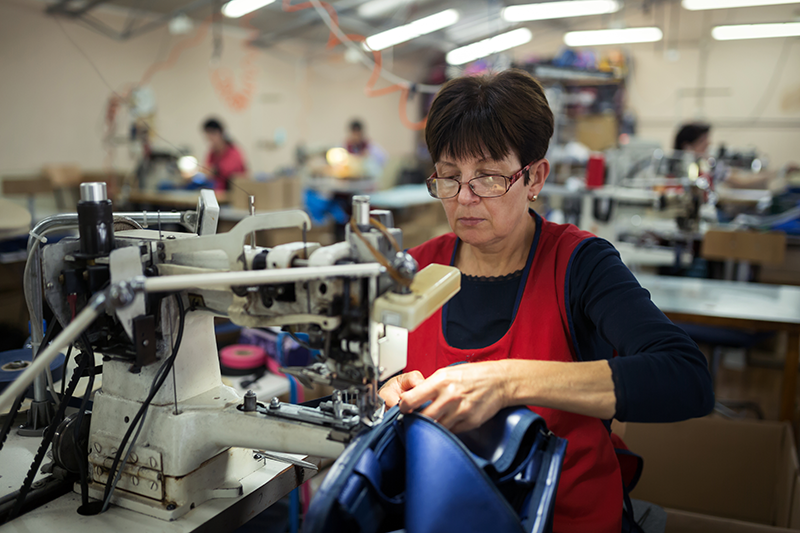EU context
Práca nadácie Eurofound
Nadácia Eurofound sa vyše 40 rokov rozvíja ako hlavné odborné stredisko pre monitorovanie a analýzu trendov v oblasti pracovnoprávnych vzťahov. Patria k tomu aj väzby medzi sociálnym dialógom na európskej a na národnej úrovni. Vychádzajúc z poznatkov jej siete európskych korešpondentov v 28 členských štátoch EÚ a Nórsku zachytáva vývoj vo všetkých členských štátoch a celkove v EÚ.
Hlavné príspevky
Nadácia Eurofound vyhotovila celý rad porovnávacích analýz, článkov a prípadových štúdií v rámci celej EÚ-28 a Nórska v oblasti pracovnoprávnych vzťahov, ako aj pravidelne aktualizovaných databáz o súvisiacich témach.
Nedávna štúdia mapuje a rozoberá hlavné rozmery a ukazovatele týkajúce sa systémov pracovnoprávnych vzťahov v Európe v 21. storočí. Ďalšia oblasť výskumu sa zaoberá tým, ako sociálni partneri v EÚ a Nórsku skúmajú nové témy, nástroje a inovačné prístupy slúžiace na riešenie mnohých nových politických, právnych a sociálnych výziev, ktoré sa objavili v posledných rokoch.
Mzda a pracovný čas aj naďalej predstavujú oblasti vysokého záujmu a každoročne sa preskúmavajú. Jedna oblasť najnovšej aktualizácie týkajúcej sa miezd je zameraná na zákonom stanovené minimálne úrovne miezd v rámci celej EÚ, zatiaľ čo ďalšia je zameraná na kolektívne vyjednávanie o mzdách.
Od roku 2006 nadácia Eurofound vykonáva štúdie týkajúce sa reprezentatívnosti európskych odvetvových sociálnych partnerských organizácií na základe poverenia Európskej komisie.
Zdroje
Správy o vývoji pracovného života
Nadácia Eurofound poskytuje systematické a porovnateľné údaje o národných systémoch pracovnoprávnych vzťahov v pracovnom živote prostredníctvom nástrojov monitorovania a podávania správ, ktoré vychádzajú z príspevkov z jej siete európskych korešpondentov v rámci 28 členských štátov a Nórska.










































